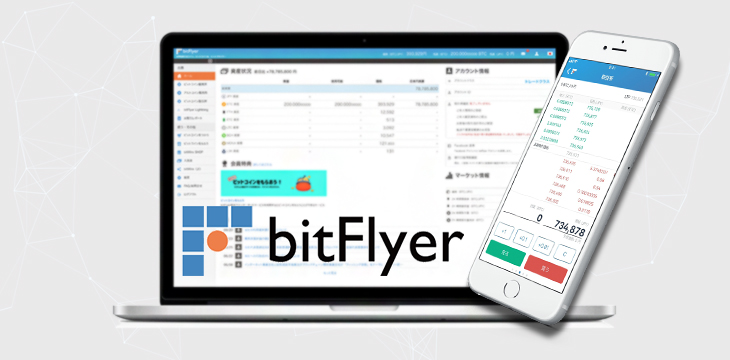|
Getting your Trinity Audio player ready...
|
Japan’s largest cryptocurrency exchange bitFlyer is set to resume opening accounts for its Japanese clients after a one-year voluntary suspension. In a press release, the Tokyo-based cryptocurrency exchange notified its domestic clients that the details for its new account opening procedure will be updated on its website July 3.
In June last year, bitFlyer suspended account opening for its Japanese clients after the country’s financial watchdog cast doubt on its anti-money laundering and know-your-customer procedures. The Financial Services Agency sent a business improvement notice to six crypto exchanges, one of which was bitFlyer. The others were QUOINE, BTCBox, Bitbank, Tech Bureau and BITPoint Japan. The FSA accused them of not putting in place enough measures to prevent terrorism financing and money laundering.
However, for bitFlyer, the problems had started much earlier, brought about by a damning report by the country’s largest newspaper, Nikkei. The paper had accused the exchange of laxity in its KYC procedures, revealing that users could conduct some limited actions even before their details were confirmed.
BitFlyer consequently decided to shut down its account opening channel in order to tighten its security measures. For its existing users, it required them to verify their identity afresh. The exchange turned to using postal addresses to verify identities, with those that were unable to use this channel being blocked from transacting in yen or cryptos.
In a press release, the exchange apologized to its clients for the inconvenience and promised to resolve the issue quickly. It also assured its clients that it would take all measures possible to prevent such an event from occurring again.
It has taken the exchange a year to resolve the defects.
While Japan was looked at as the prime example of great crypto regulations in the past, a hack in January on Coincheck crypto exchange last year forced the financial regulator to toughen up and issue strict guidelines. The FSA took to approving the exchanges afresh, with only 11 exchanges passing the quality tests. Out of these 11, six were later served with a business improvement notice and urged to tighten up their security measures.
In response, the Japan Virtual Currency Exchange Association decided to conduct some initiatives as well to tighten up the market. The association is a self-governing body for the crypto industry. It banned insider trading and the use of dark coins such as Dash and Monero.

 03-03-2026
03-03-2026 




